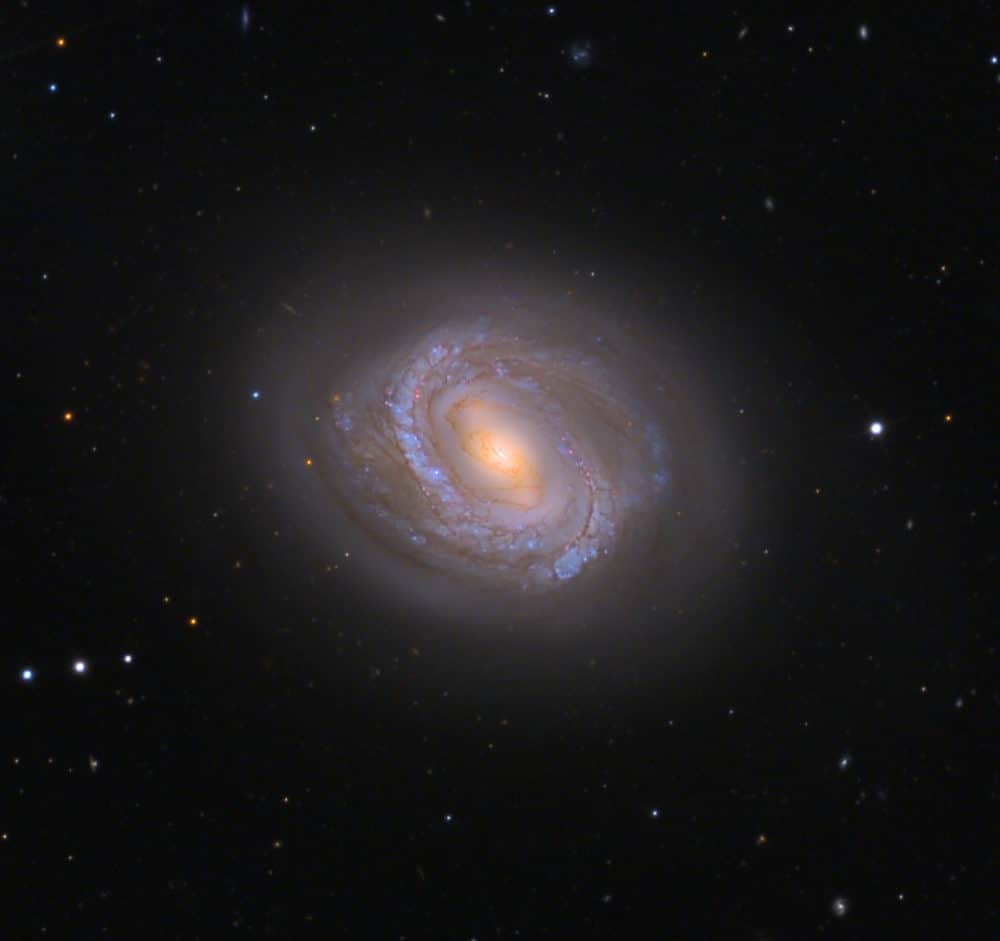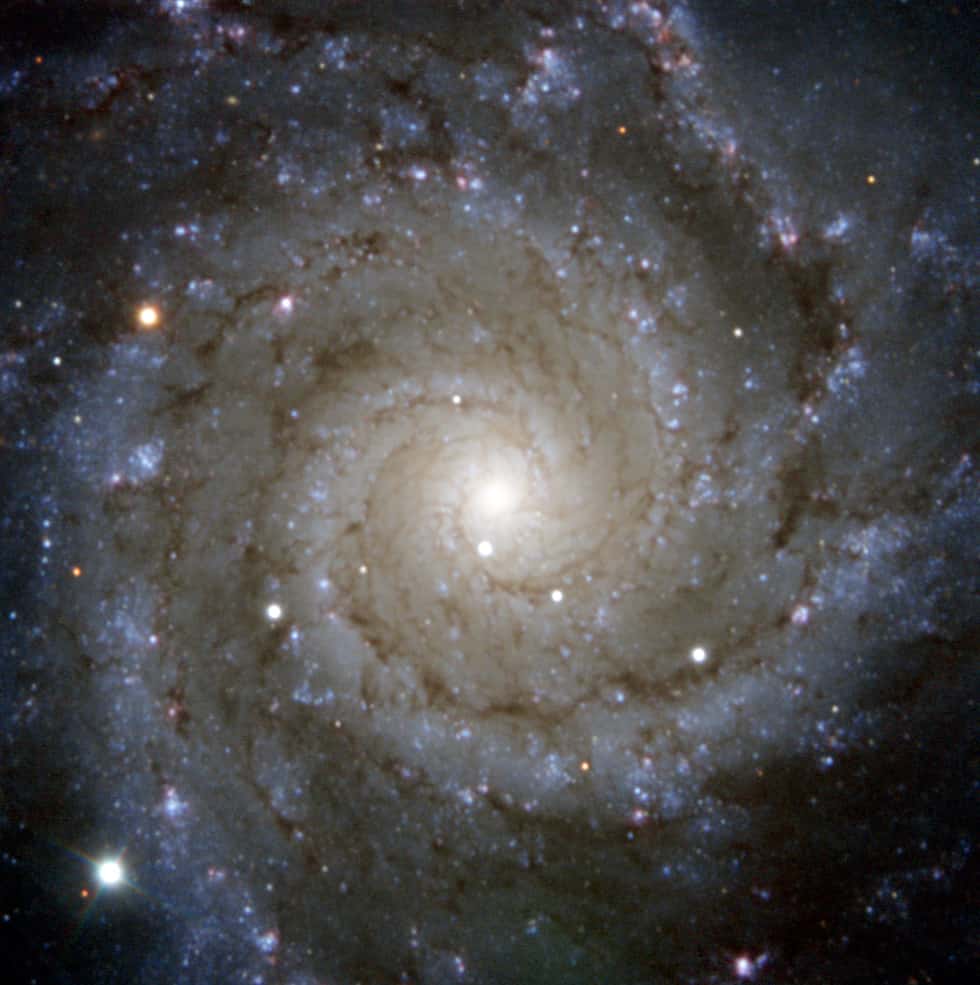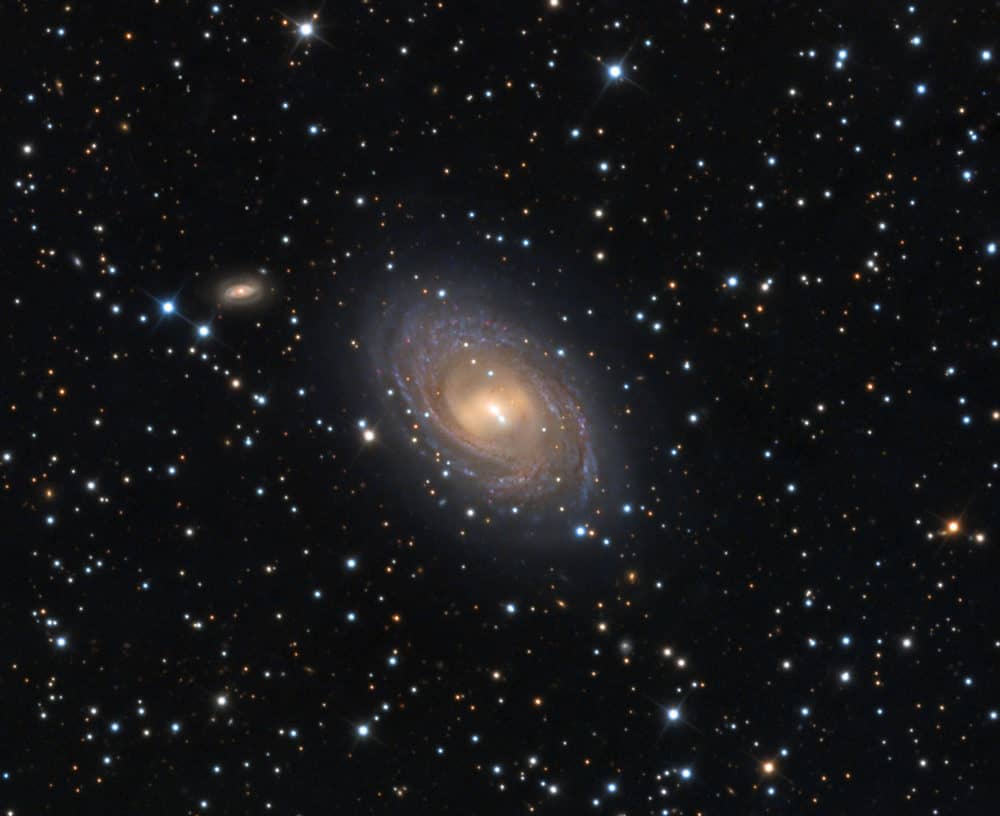Blog
Derrick “Duckie” Simpson , born June 24, 1950 in Kingston , Jamaica , is a Jamaican reggae singer . He was one of the founders of the reggae band Black Uhuru , who received reggae history’s first grammy in 1985. Duckie Simpson has almost always been in some of the Black Uhurus’s different constellations over the years, but has remained in the background and been the band’s “anchor” while others have taken the places as a lead singer.
Black Uhuru was founded by vocalists Simpson, Ervin “Don Carlos” Spencer and Rudolph “Garth” Dennis in the late 1960s. Everyone was raised in the slum district of Waterhouse in Kingston’s inner city. At the end of the 1970s, Don Carlos and Garth Dennis had been replaced by the talented Michael Rose (First Vocalist), also from the Waterhouse, and the American Sandra “Puma” Jones . The drummer Sly Dunbar and the bassist Robbie Shakespeare responded to production and new, creative grips, and the band lifted and became the world’s leading reggae band in the years 1983-85. The album Anthem was released in an original version in 1983, blended for an American and European audience in 1984, and it was this remixed version that received the Grammy Award for this year’s best reggae album.
In 1985, Michael Rose left Black Uhuru for a solo career and was replaced by Junior Reid , and Puma Jones died of breast cancer in 1989. In 1990, Simpson took in the two original members Spencer and Dennis for a new constellation.
more...Geoffrey Arnold Beck (born 24 June 1944) is an English rock guitarist. He is one of the three noted guitarists to have played with the Yardbirds (the other two being Eric Clapton and Jimmy Page). Beck also formed the Jeff Beck Group and with Tim Bogert and Carmine Appice, he formed Beck, Bogert & Appice.
Much of Beck’s recorded output has been instrumental, with a focus on innovative sound, and his releases have spanned genres ranging from blues rock, hard rock, and an additional blend of guitar-rock and electronica. Although he recorded two hit albums (in 1975 and 1976) as a solo act, Beck has not established or maintained the sustained commercial success of many of his contemporaries and bandmates. Beck appears on albums by Rod Stewart, Mick Jagger, Tina Turner, Morrissey, Donovan, Diana Ross, Jon Bon Jovi, Malcolm McLaren, Kate Bush, Roger Waters, Stevie Wonder, Les Paul, Zucchero, Cyndi Lauper, Brian May, Roger Taylor, Stanley Clarke, Screaming Lord Sutch, ZZ Top, and Toots and the Maytals.
He was ranked fifth in Rolling Stone‘s list of the “100 Greatest Guitarists of All Time” and the magazine, upon whose cover Beck has appeared three times, has described him as “one of the most influential lead guitarists in rock”. He is often called a “guitarist’s guitarist”. Beck has earned wide critical praise and received the Grammy Award for Best Rock Instrumental Performance six times and Best Pop Instrumental Performance once. In 2014 he received the British Academy’s Ivor Novello Award for Outstanding Contribution to British Music. Beck has been inducted into the Rock and Roll Hall of Fame twice: as a member of The Yardbirds (1992) and as a solo artist (2009).
more...Frank Lowe (June 24, 1943 – September 19, 2003) was an American avant-garde jazz saxophonist and composer.
https://www.youtube.com/watch?v=wrRwTOfCp30
more...Your Community Band performing Sunday 2pm East Phillips Park Minneapolis. https://www.minneapolisparks.org/parks__destinations/parks__lakes/east_phillips_park/
We shall not be moved
Miserlou
African Marketplace
Ain’t It Funky Now
French Rondo
Mana’s Polka
Balkan Caravan
Funky This Land
You Are My Sunshine
Down By the Riverside
Mambo
Messier 58 (also known as M58 and NGC 4579) is an intermediate barred spiral galaxy with a weak inner ring structure located within the constellation Virgo, approximately 68 million light-years away from Earth. It was discovered by Charles Messier on April 15, 1779 and is one of four barred spiral galaxies that appear in Messier’s catalogue. M58 is one of the brightest galaxies in the Virgo Cluster. From 1779 it was arguably (though unknown at that time) the farthest known astronomical object until the release of the New General Catalogue in the 1880s and even more so the publishing of redshift values in the 1920s.
more...Sahib Shihab (born Edmund Gregory; June 23, 1925, Savannah, Georgia – October 24, 1989, Nashville, Tennessee) was an American jazz and hard bop saxophonist (baritone, alto, and soprano) and flautist. He variously worked with Luther Henderson, Thelonious Monk, Fletcher Henderson, Tadd Dameron, and Dizzy Gillespie amongst others. Edmund Gregory first played alto saxophone professionally for Luther Henderson at age 13 and went on to study at the Boston Conservatory and to play with trumpeter Roy Eldridge. He played lead alto with Fletcher Henderson in the mid 1940s.
He was one of the first jazz musicians to convert to Islam and changed his name in 1947. During the late 1940s, Shihab played with Thelonious Monkand on July 23, 1951 he recorded with Monk for the Lp Genius of Modern Music: Volume 2. During this period, he also appeared on recordings by Art Blakey, Kenny Dorham and Benny Golson. The invitation to play with Dizzy Gillespie‘s big band in the early 1950s was of particular significance as it marked Shihab’s switch to baritone.
On August 12, 1958, Shihab was one of the musicians photographed by Art Kane in his famous photograph known as “A Great Day in Harlem“. In 1959, he toured Europe with Quincy Jones after getting disillusioned with racial politics in United States and ultimately settled in Scandinavia. He worked for Copenhagen Polytechnic and wrote scores for television, cinema and theatre.
In 1961, he joined the Kenny Clarke/Francy Boland Big Band and remained a member of the band for the 12 years it existed. He married a Danish woman and raised a family in Europe, although he remained a conscious African-American still sensitive to racial issues.
more...George Allen Russell (June 23, 1923 – July 27, 2009) was an American jazz pianist, composer, arranger and theorist. He is considered one of the first jazz musicians to contribute to general music theory with a theory of harmony based on jazz rather than European music, in his book Lydian Chromatic Concept of Tonal Organization (1953). Russell was born in Cincinnati, Ohio to a white father and a black mother, later the adopted only child of a nurse and a chef on the B & O Railroad, Bessie and Joseph Russell. Young Russell sang in the choir of the African Methodist Episcopal Church and listened to the Kentucky Riverboat music of Fate Marable. He made his stage debut at age seven, singing “Moon Over Miami” with Fats Waller.
Surrounded by the music of the black church and the big bands which played on the Ohio Riverboats, and with a father who was a music educator at Oberlin College, he started playing drums with the Boy Scouts and Bugle Corps, receiving a scholarship to Wilberforce University, where he joined the Collegians, a band noted as a breeding ground for great jazz musicians including Ben Webster, Coleman Hawkins, Charles Freeman Lee, Frank Foster, and Benny Carter. Russell served in that band at the same time as another noted jazz composer, Ernie Wilkins. When called up for the draft at the beginning of World War II, he was quickly hospitalized with tuberculosis, where he was taught the fundamentals of music theory by a fellow patient.
more...Milton John Hinton (June 23, 1910 – December 19, 2000) was an American double bassist and photographer.
Regarded as the Dean of American jazz bass players, his nicknames included “Sporty” from his years in Chicago, “Fump” from his time on the road with Cab Calloway, and “The Judge” from the 1950s and beyond.Hinton’s recording career lasted over 60 years, mostly in jazz but also with a variety of other genres as a prolific session musician.
He was also a photographer of note, praised for documenting American jazz during the 20th Century.
Hinton was born in Vicksburg, Mississippi, the only child of Hilda Gertrude Robinson, whom he referred to as “Titter,” and Milton Dixon Hinton. He was three-months-old when his father left the family. He grew up in a home with his mother, his maternal grandmother (whom he referred to as “Mama”), and two of his mother’s sisters.
His childhood in Vicksburg was characterized by extreme poverty and extreme racism. Lynching was a common practice at the time. Hinton said that one of the clearest memories of his childhood was when he accidentally came upon a lynching.
more...Messier 74 (also known as NGC 628 and Phantom Galaxy) is a spiral galaxy in the constellation Pisces. It is at a distance of about 32 million light-years away from Earth. The galaxy contains two clearly defined spiral arms and is therefore used as an archetypal example of a grand design spiral galaxy. The galaxy’s low surface brightness makes it the most difficult Messier object for amateur astronomers to observe. However, the relatively large angular size of the galaxy and the galaxy’s face-on orientation make it an ideal object for professional astronomers who want to study spiral arm structure and spiral density waves. It is estimated that M74 is home to about 100 billion stars.
more...Hermeto Pascoal (born June 22, 1936) is a Brazilian composer and multi-instrumentalist. He was born in Lagoa da Canoa, Alagoas, Brazil. Pascoal is a beloved figure in the history of Brazilian music, known for his abilities in orchestration and improvisation, as well as being a record producer and contributor to many Brazilian and international albums by other artists.
Pascoal comes from a remote corner of northeastern Brazil, an area that lacked electricity at the time he was born. He learned the accordion from his father and practised for hours indoors as, being albino, he was incapable of working in the fields with the rest of his family.
Hermeto’s career began in 1964 with appearances on several Brazilian recordings alongside relatively unknown groups. These now-classic albums and the musicians involved (Edu Lobo, Elis Regina, Cesar Camargo Mariano) established widely influential new directions in post-bossa nova Brazilian jazz.
In 1966, he played in the Sambrasa Trio, with Airto Moreira and Humberto Clayber; they released only one album, Em Som Maior. Then he joined Trio Novo (Airto Moreira, Heraldo do Monte, Theo de Barros) and in 1967 the group, renamed Quarteto Novo, released an album that launched the careers of Pascoal and Moreira. Pascoal would then go on to join the multi-faceted group Brazilian Octopus.
more...Kristoffer Kristofferson (born June 22, 1936) is an American actor and singer-songwriter. Among his songwriting credits are the songs “Me and Bobby McGee“, “For the Good Times“, “Sunday Mornin’ Comin’ Down“, and “Help Me Make It Through the Night“, all of which were hits for other artists. Kristofferson composed his own songs and collaborated with Nashville songwriters such as Shel Silverstein. In 1985, Kristofferson joined fellow country artists Waylon Jennings, Willie Nelson and Johnny Cash in forming the country music supergroup The Highwaymen, and formed a key creative force in the Outlaw country music movement that eschewed the Nashville music machine in favor of independent songwriting and producing. In 2004, Kristofferson was inducted into the Country Music Hall of Fame. He is also known for his starring roles in Alice Doesn’t Live Here Anymore, Heaven’s Gate, Blade and A Star Is Born, the latter of which earned him a Golden Globe Award for Best Actor.
more...Raymond Mantilla (born June 22, 1934) is an American jazz drummer. He has played as a session musician and toured with some of the most significant jazz musicians of his time. Mantilla has been a bandleader of his own ensembles and was a founding member of the percussion ensemble M’Boom with Max Roach. Mantilla played in New York from the 1950s, inspired by Afro-Cuban jazz. He played with a number of latin jazz ensembles in the 1950s, including the La Playa Sextet, Xavier Cugat, Lou Perez, René Touzet, Miguelito Valdez, and Monguito Conjunto. He played behind Eartha Kitt in 1955. In 1960 he toured with Herbie Mann and recorded with Max Roach. He recorded with Al Cohn in 1961, and recorded with Freddie Hubbard, Buddy Rich, and Larry Coryell in the 1960s. From 1963 to 1969 Mantilla led his own band in Puerto Rico, and in 1970 joined forces with Max Roach’s percussion ensemble, M’Boom.
Mantilla was a member of Art Blakey‘s Jazz Messengers in the 1970s, during which time the ensemble toured the U.S., Europe, and Japan. Following this he recorded with Gato Barbieri, Joe Farrell, Michał Urbaniak (1974), Richie Cole, Don Pullen (1976–77), Charles Mingus (1977–78), Walter Bishop, Jr., and Morgana King (1979). He toured Cuba with Dizzy Gillespie in 1977.
In 1979 he founded his own ensemble, the Ray Mantilla Space Station, and through the 1980s toured or recorded with Muhal Richard Abrams, Kenny Burrell, Shirley Scott, and Warren Chiasson. In 1991 he put together a new ensemble, the Jazz Tribe.
more...NGC 1169 (UGC 2503) is an intermediate barred spiral galaxy in the constellation of Perseus. NGC 1169 has a reddish center, indicating the region is dominated by older stars. In contrast, the outer ring contains larger blue-white stars, a sign of recent star formation. The entire galaxy is rotating at approximately 265 km/
NGC 1169 was discovered on December 11, 1786 by William Herschel. Measurements of its distance range from 20.9 Mpc – 49.7 Mpc with an average of 35.1 Mpc. and exhibits a slight ring structure.
NGC 1169 is about 85 million light-years away
more...More Posts
- Daily Roots Feat. Chronixx, Jah Cure, Morgan Heritage, Chris Martin & More.
- Cosmos IC 5067
- Felix Pappalardi
- John Hartford
- Red Rhodes
- Lewis Nash
- Jimmy Jones
- World Music with Hasu Patel
- Daily Roots with Audley Newell and the New Earth Band
- Cosmos Jupiter
- Marianne Faithfull
- Rick Danko
- Matt “Guitar” Murphy
- Joe Lovano
- World Music with Alhousseini Anivolla
- Daily Roots with Lee Francis
- Cosmos NGC 2264
- Michel Petrucciani
- Charles Neville
- Ed Thigpen



